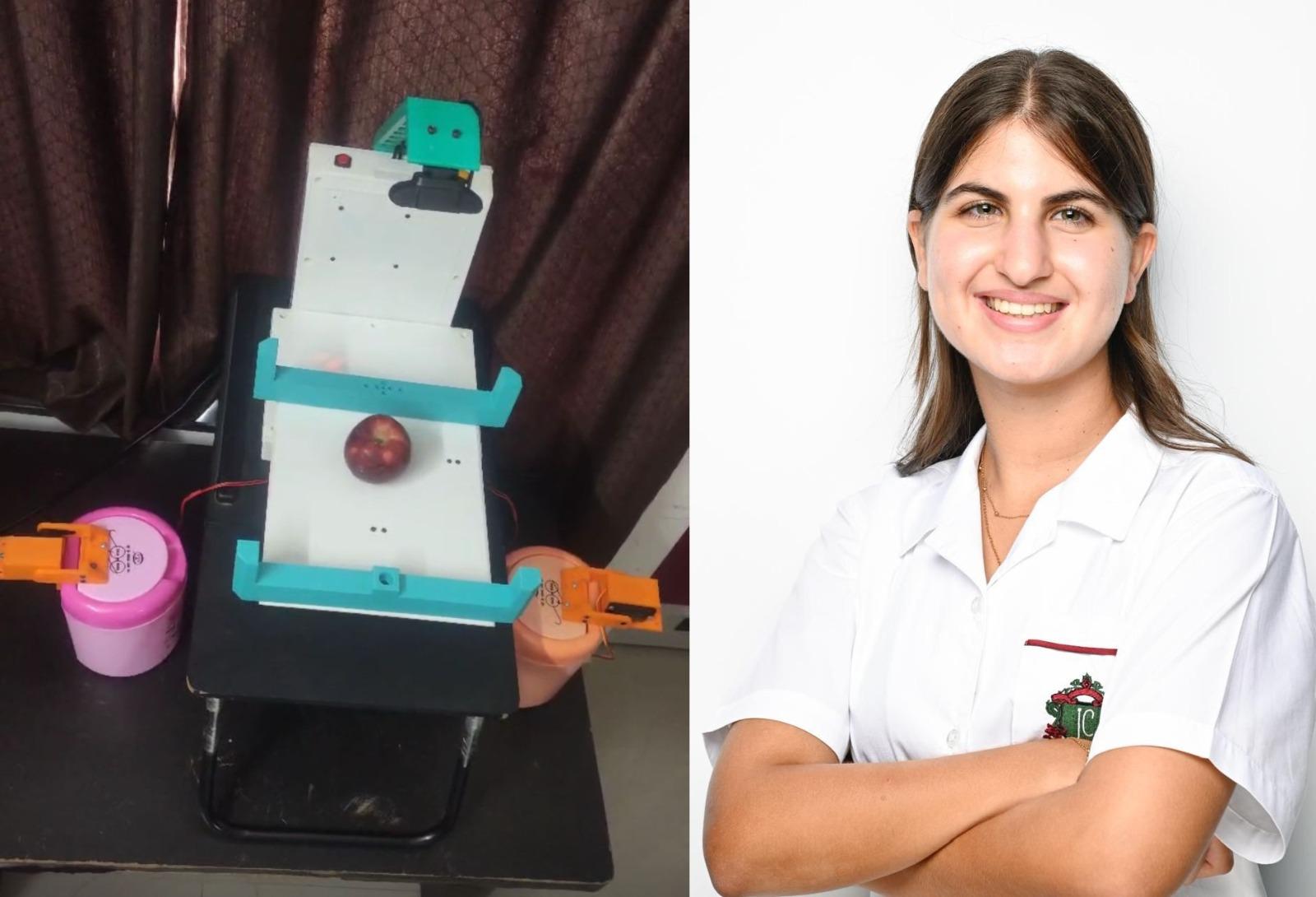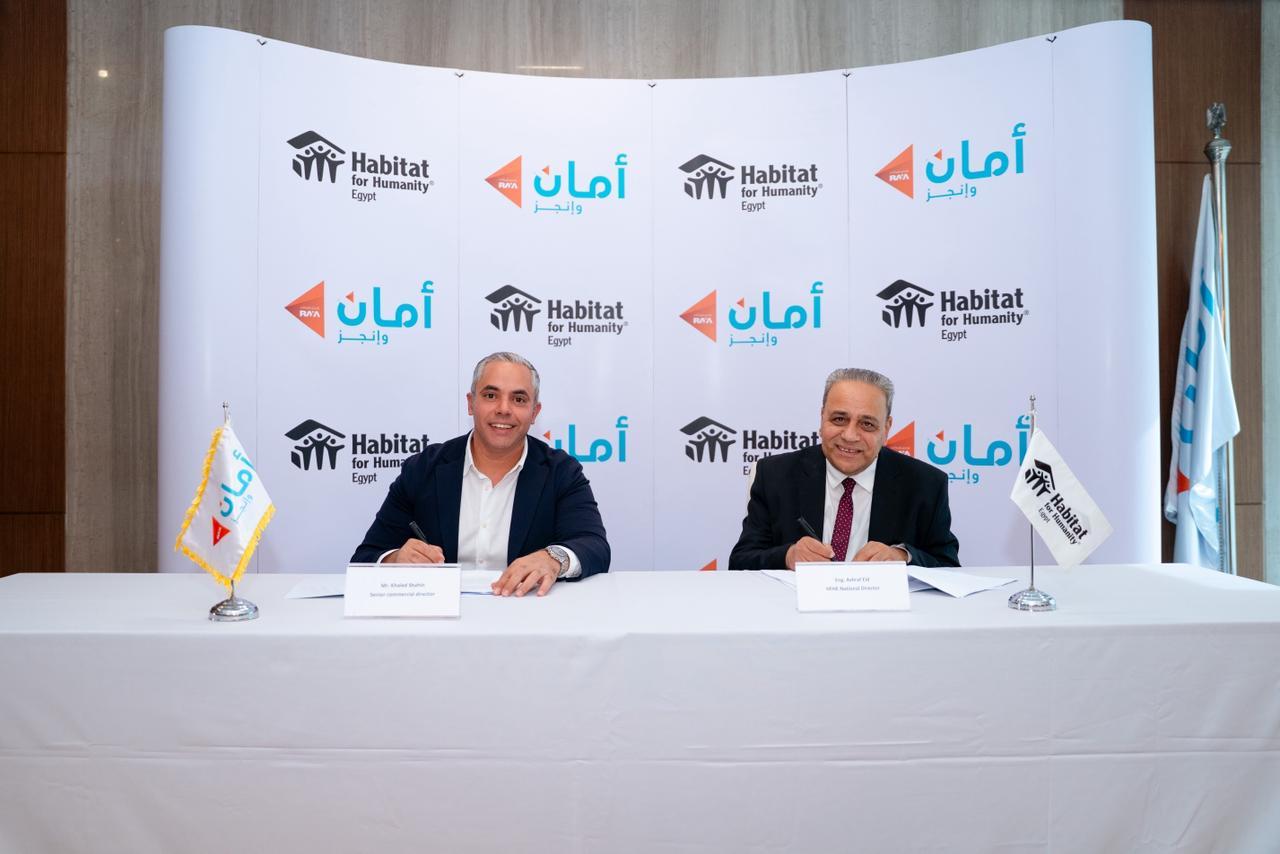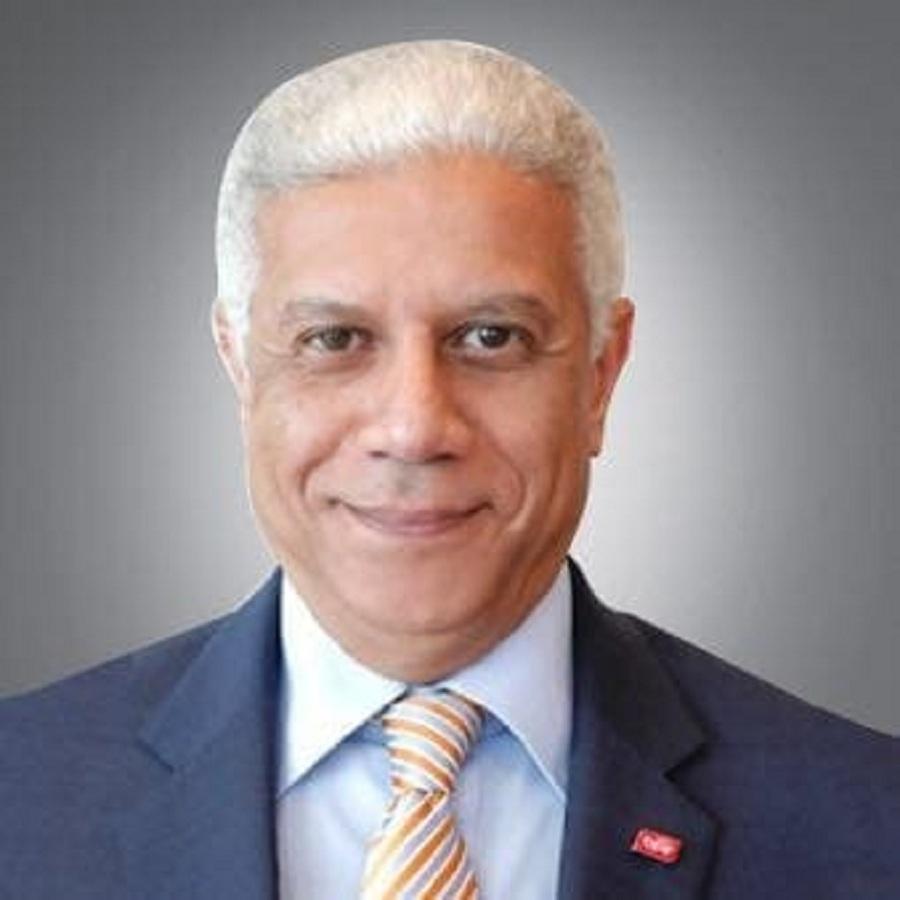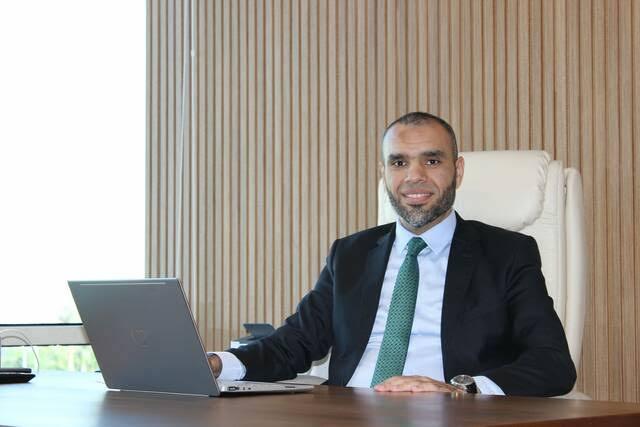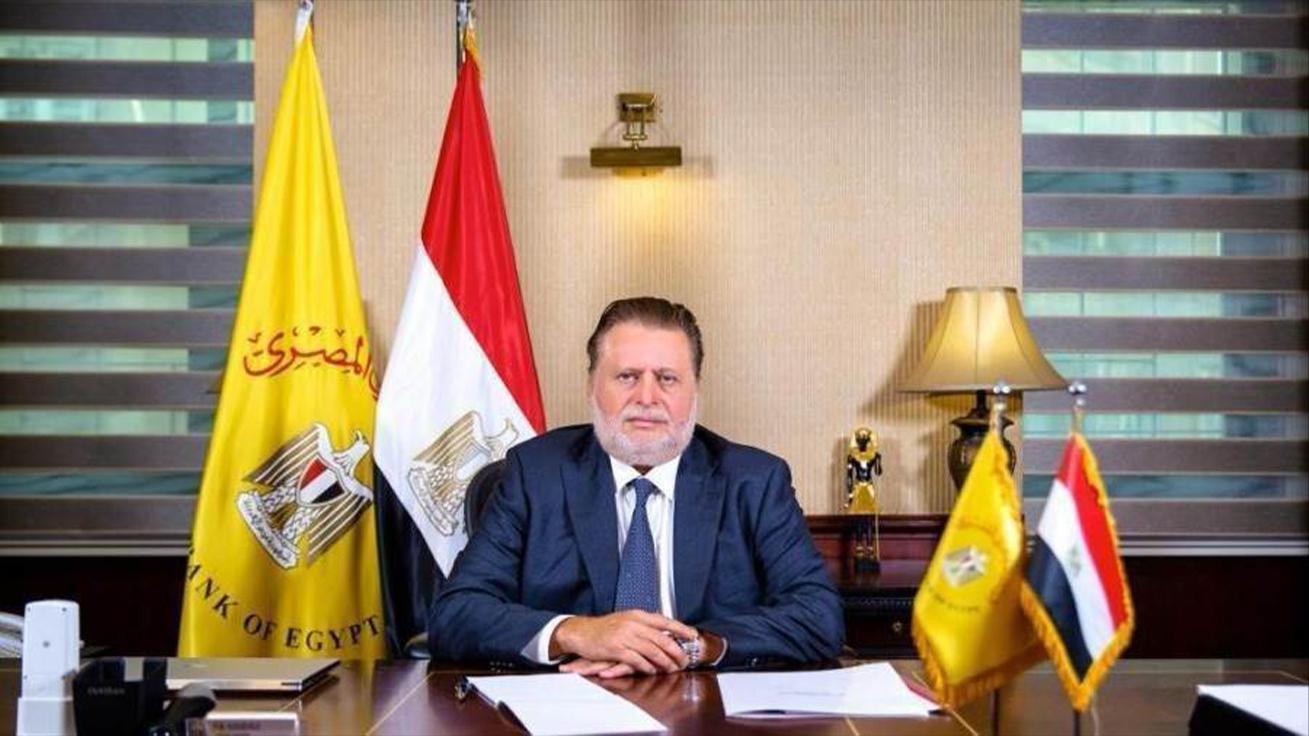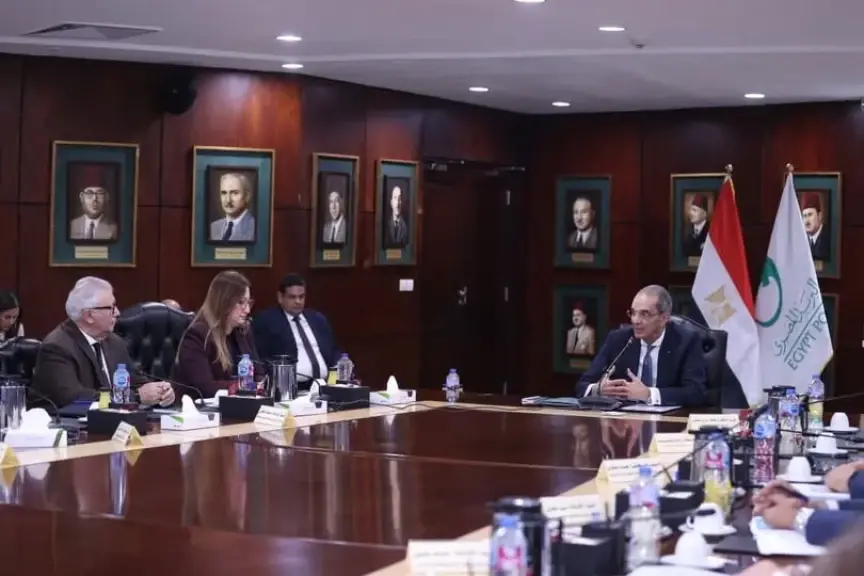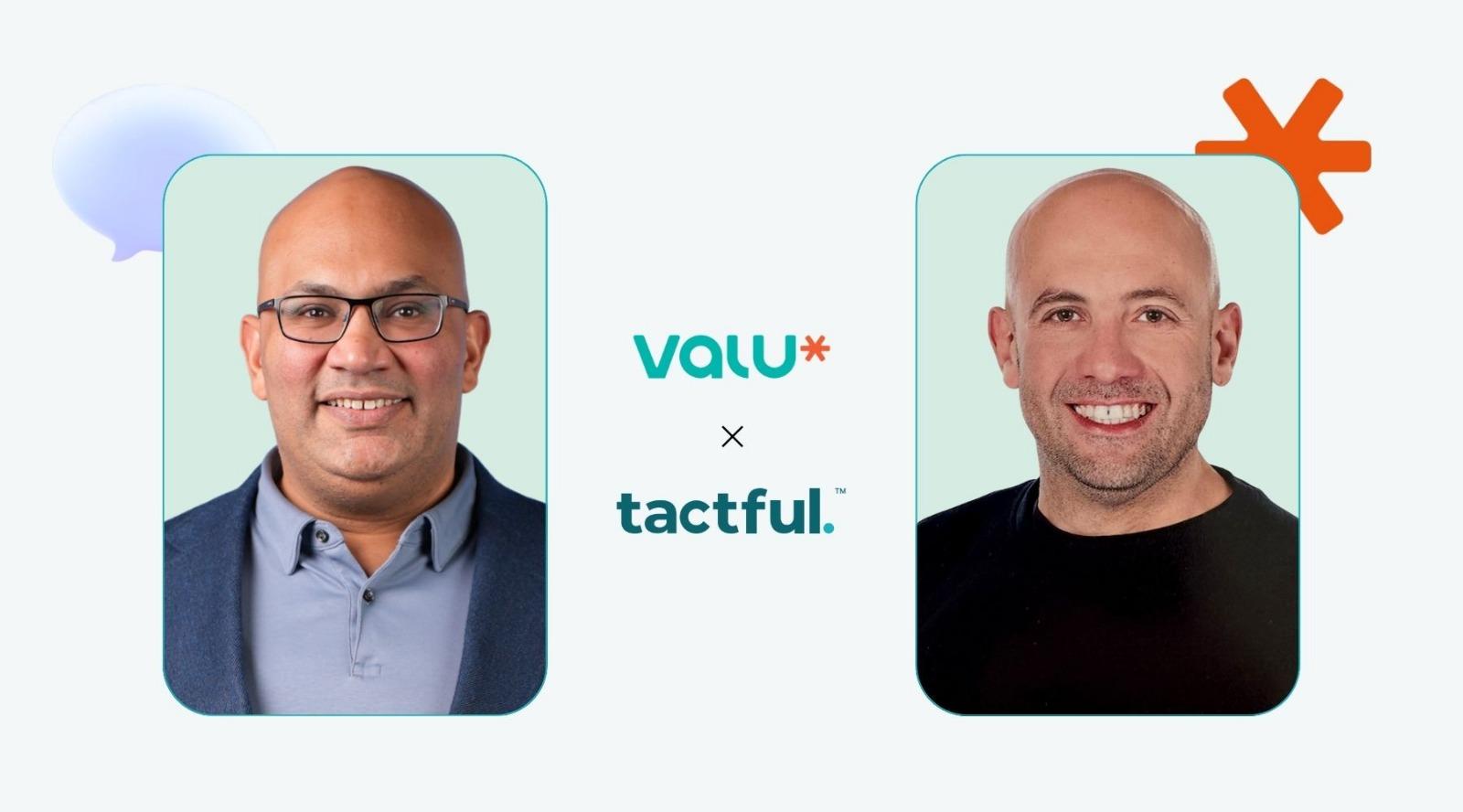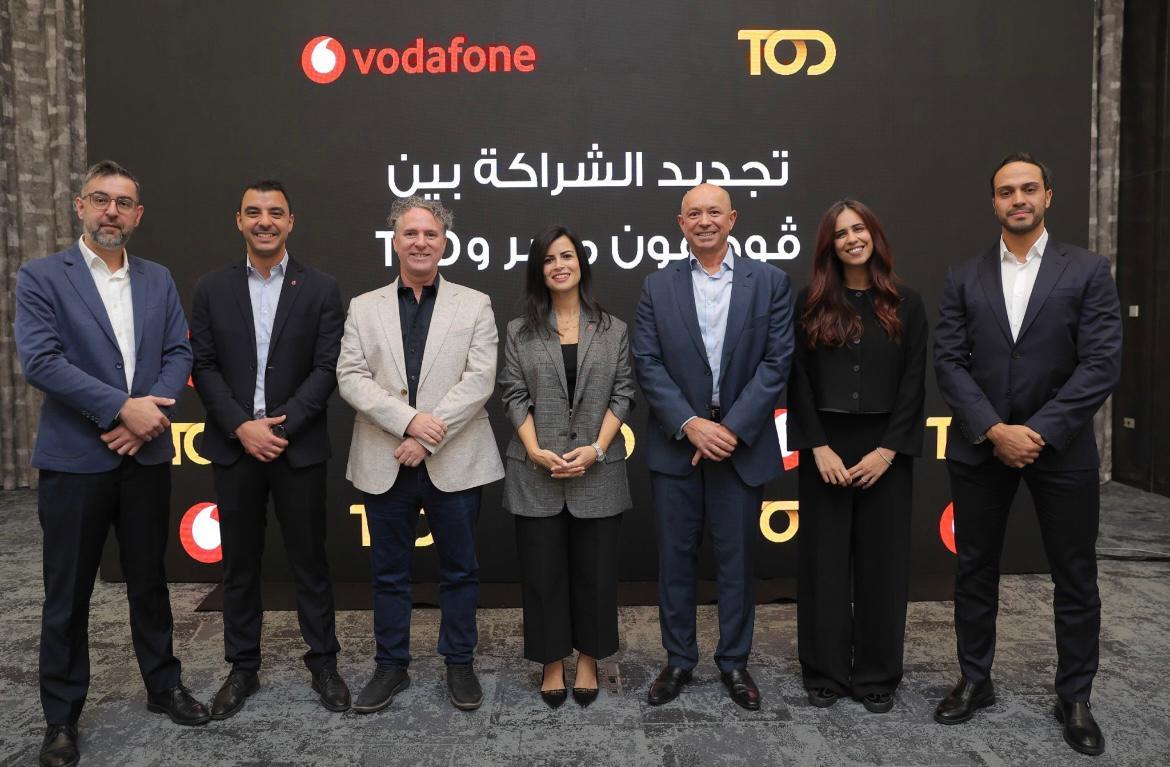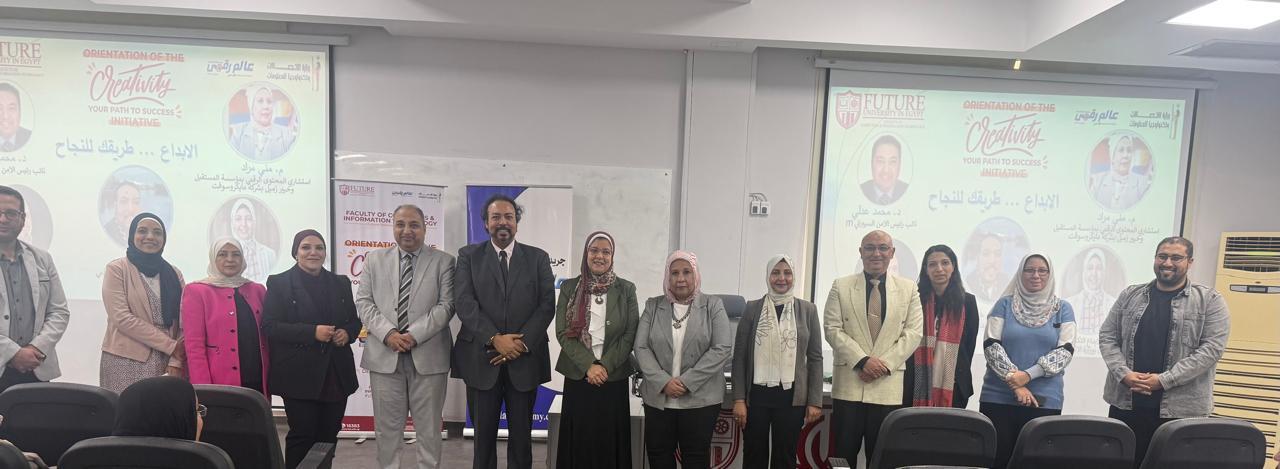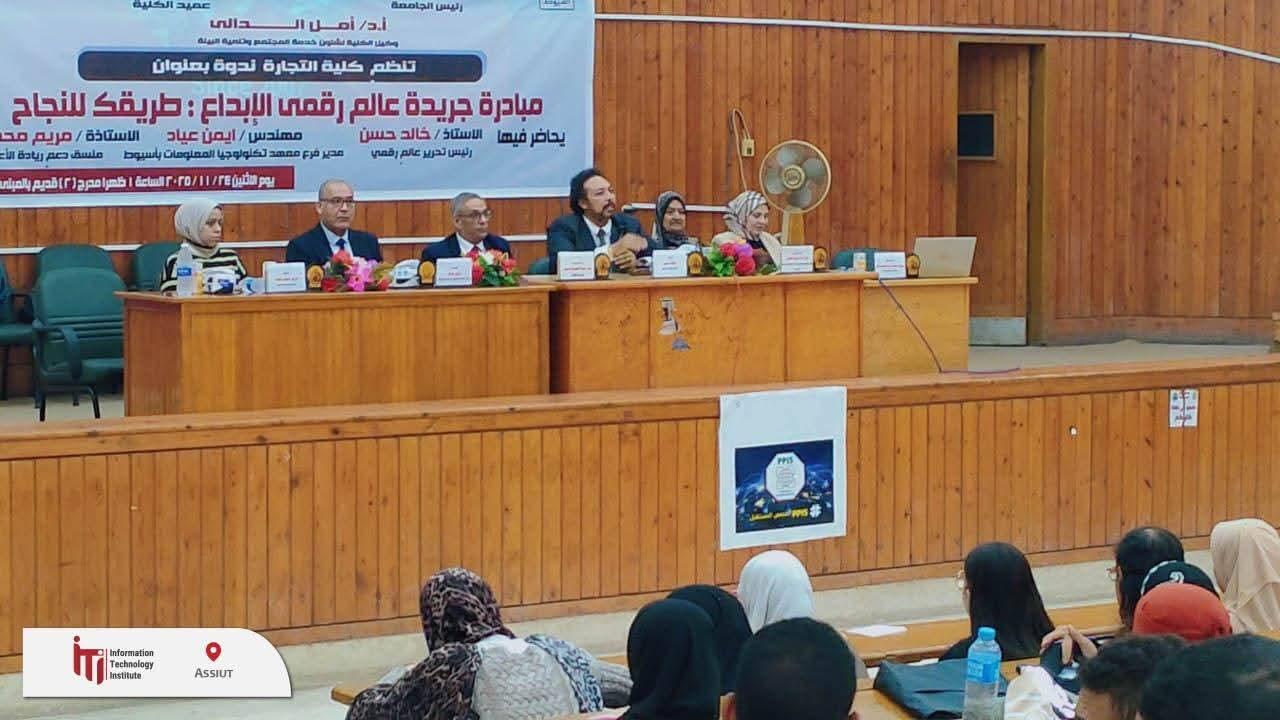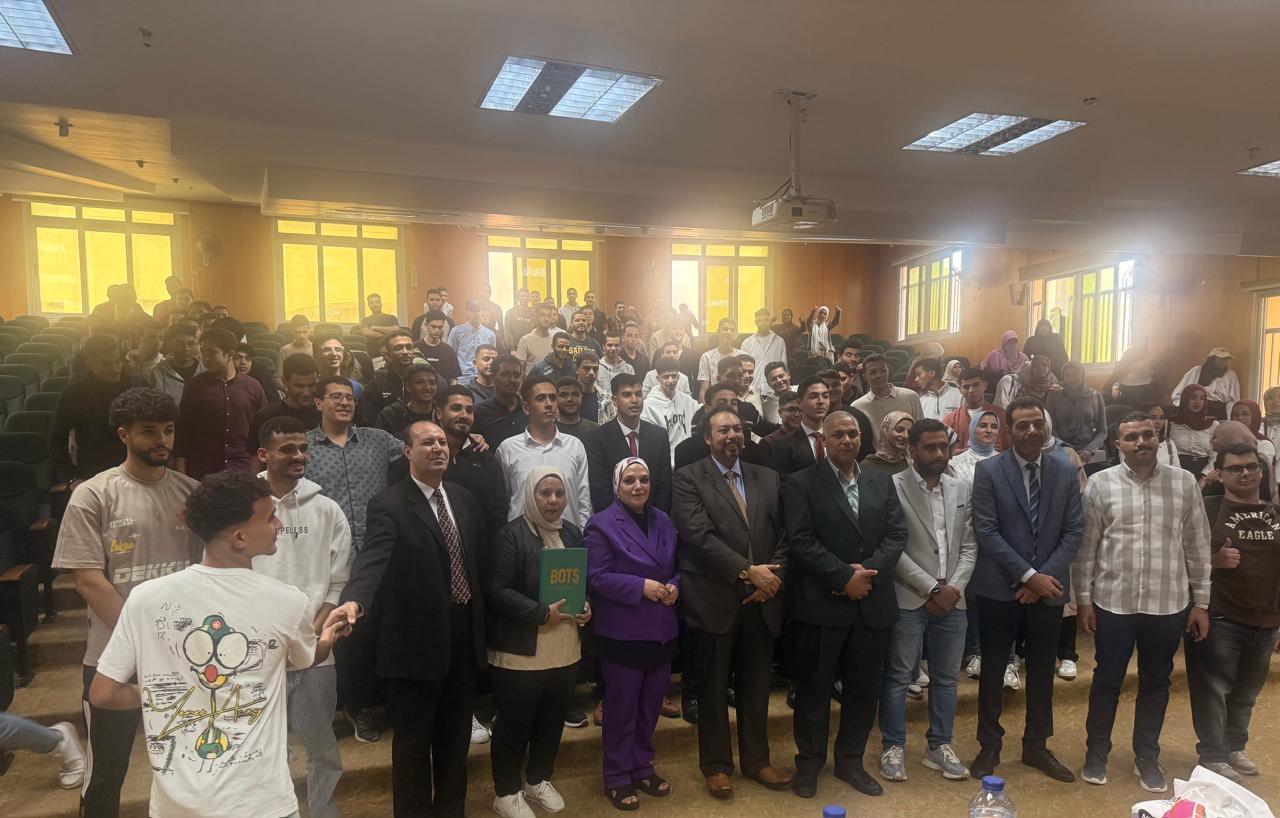In a groundbreaking scientific breakthrough with the potential to transform waste management, protect the environment, and deliver tangible economic benefits, Arab innovator Beesan Qadan, a high school student, has developed a smart device that uses artificial intelligence to automatically sort waste—dramatically enhancing the efficiency of recycling processes.
This invention represents a significant advancement in solid waste management by integrating AI with environmental sustainability. By automating the sorting process, it reduces the time and effort required for waste classification and encourages individuals and institutions to adopt more responsible environmental practices. The innovation comes at a time when Egypt is leading the Arab region in recycling initiatives and seeking to expand and enhance them further.
Smart, Easy-to-Install, and Up to 90% Accurate
The device is designed to be easily installed on standard household or office trash bins. It operates automatically when waste is deposited, using a built-in camera to scan the contents. Advanced machine learning algorithms then classify the waste—distinguishing between organic and recyclable materials—with up to 90% accuracy.
Powered by a Raspberry Pi 4 as its main processor and equipped with a camera and small motor to drive the sorting mechanism, the device is composed entirely of low-cost, widely available components, making it both affordable and scalable.
The idea was born during Beesan Qadan’s summer internship at the Egyptian Solid Waste Recycling Company, where she observed firsthand the challenges of manual waste sorting. Inspired by this experience, she developed a smart, practical solution. The company’s supportive environment and expert mentorship helped her refine the concept into a viable, functional device.
An Innovation Born from Urgent Need
Beesan Qadan explains:
“The idea stemmed from my belief that technology should serve the environment. Given the severe environmental challenges in our region, we need smart, simple solutions that make it easier for people to participate in recycling without added effort or complexity.”
She adds:
“Recycling is no longer a luxury—it’s a necessity. My goal with this invention is to simplify recycling for everyone—whether at home, school, work, or in public spaces—through a practical, user-friendly device.”
Wide Applications and a Promising Future
The device marks an important step toward achieving Egypt’s and the region’s sustainable development goals. With applications in homes, schools, universities, businesses, and public institutions, it can serve as the backbone of a broader smart waste management ecosystem.
Beesan Qadan is currently developing an advanced version of the device, which will include a mobile app. The app will provide users with regular reports on the quantity and types of waste sorted, helping to raise environmental awareness and foster sustainable habits over the long term.
This invention represents a significant advancement in solid waste management by integrating AI with environmental sustainability. By automating the sorting process, it reduces the time and effort required for waste classification and encourages individuals and institutions to adopt more responsible environmental practices. The innovation comes at a time when Egypt is leading the Arab region in recycling initiatives and seeking to expand and enhance them further.
Smart, Easy-to-Install, and Up to 90% Accurate
The device is designed to be easily installed on standard household or office trash bins. It operates automatically when waste is deposited, using a built-in camera to scan the contents. Advanced machine learning algorithms then classify the waste—distinguishing between organic and recyclable materials—with up to 90% accuracy.
Powered by a Raspberry Pi 4 as its main processor and equipped with a camera and small motor to drive the sorting mechanism, the device is composed entirely of low-cost, widely available components, making it both affordable and scalable.
The idea was born during Beesan Qadan’s summer internship at the Egyptian Solid Waste Recycling Company, where she observed firsthand the challenges of manual waste sorting. Inspired by this experience, she developed a smart, practical solution. The company’s supportive environment and expert mentorship helped her refine the concept into a viable, functional device.
An Innovation Born from Urgent Need
Beesan Qadan explains:
“The idea stemmed from my belief that technology should serve the environment. Given the severe environmental challenges in our region, we need smart, simple solutions that make it easier for people to participate in recycling without added effort or complexity.”
She adds:
“Recycling is no longer a luxury—it’s a necessity. My goal with this invention is to simplify recycling for everyone—whether at home, school, work, or in public spaces—through a practical, user-friendly device.”
Wide Applications and a Promising Future
The device marks an important step toward achieving Egypt’s and the region’s sustainable development goals. With applications in homes, schools, universities, businesses, and public institutions, it can serve as the backbone of a broader smart waste management ecosystem.
Beesan Qadan is currently developing an advanced version of the device, which will include a mobile app. The app will provide users with regular reports on the quantity and types of waste sorted, helping to raise environmental awareness and foster sustainable habits over the long term.
